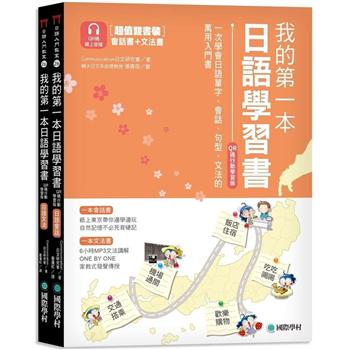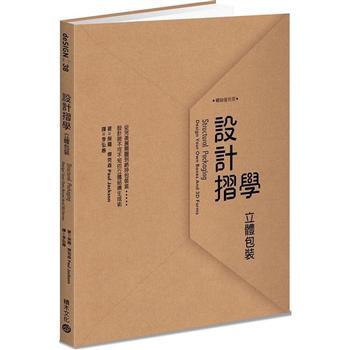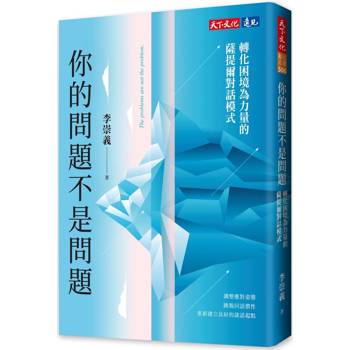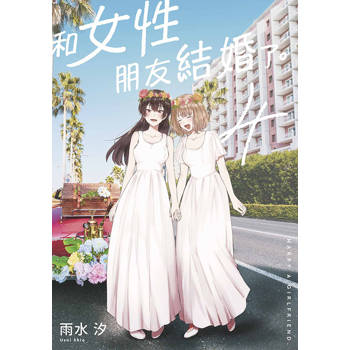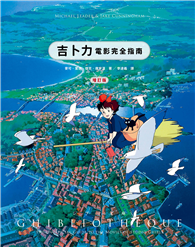Despite recent developments in the history of emotions and in comparative studies, sustained cross-cultural comparative studies of the emotions remain few and far between. Jingyi Jenny Zhao has produced the first major work that takes two philosophers from the ancient Greek and early Chinese traditions to stimulate discussion of an interdisciplinary nature on the rich and complex topic of the emotions-in particular, of shame. It features comparative analysis of Greek and Chinese texts while bringing the ancient materials to bear on modern controversies such as the role of shame in moral education and social cohesion.
Although unalike in their social-historical and intellectual backgrounds, Aristotle and Xunzi bear striking similarities in several respects: they both conceptualize humans as essentially members of communities, as having a unique set of characteristics that set them apart from other living things, and as beings in need of moral training to fulfil their potential and become integrated into a well-ordered society. The two philosophers’ discourses on shame reveal important insights into their ideals of human nature, moral education and the good life.
This book tackles directly the methodological problems that are relevant to anyone interested in cross-cultural comparisons and organizes discussions of the ancient sources to facilitate a thorough integration of perspectives from the cultural traditions concerned. This approach provides sufficient focus to allow for detailed textual analysis while giving scope for making constant connections to the broader comparative questions at issue.
| FindBook |
有 1 項符合
Aristotle and Xunzi on Shame, Moral Education, and the Good Life的圖書 |
 |
Aristotle and Xunzi on Shame, Moral Education, and the Good Life 作者:Zhao 出版社:Oxford University Press, USA 出版日期:2024-05-07 語言:英文 規格:精裝 / 192頁 / 普通級/ 初版 |
| 圖書館借閱 |
| 國家圖書館 | 全國圖書書目資訊網 | 國立公共資訊圖書館 | 電子書服務平台 | MetaCat 跨館整合查詢 |
| 臺北市立圖書館 | 新北市立圖書館 | 基隆市公共圖書館 | 桃園市立圖書館 | 新竹縣公共圖書館 |
| 苗栗縣立圖書館 | 臺中市立圖書館 | 彰化縣公共圖書館 | 南投縣文化局 | 雲林縣公共圖書館 |
| 嘉義縣圖書館 | 臺南市立圖書館 | 高雄市立圖書館 | 屏東縣公共圖書館 | 宜蘭縣公共圖書館 |
| 花蓮縣文化局 | 臺東縣文化處 |
|
|
圖書介紹 - 資料來源:博客來 評分:
圖書名稱:Aristotle and Xunzi on Shame, Moral Education, and the Good Life
內容簡介
作者簡介
Jingyi Jenny Zhao is ISF Academy Senior Research Fellow at the Needham Research Institute and Needham Research Fellow at Clare Hall, University of Cambridge. She holds a PhD from the Faculty of Classics at the University of Cambridge. Her research takes a cross-cultural comparative perspective on the ancient Greek and early Chinese philosophical traditions. She is co-editor and contributor of Ancient Greece and China Compared, and was interviewed for the BBC documentary Story of China.
|

